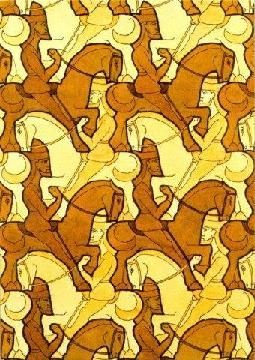 The concept of animism generally means that everything in Nature is alive and therefore animated. This belief involves endowing nature with a soul, a spiritual entity.
The concept of animism generally means that everything in Nature is alive and therefore animated. This belief involves endowing nature with a soul, a spiritual entity.
Animism has a religious component and scholars of this conception consider that primitive religions had a marked animistic sense, since the different forces of nature had their own souls.
The main theorist of animism was the British Edward Burnett Tylor (1832-1917). This thinker studied the mentality of primitive peoples and based on his reflections he coined the concept of animism. According to the animist approach, all living beings are formed by the intervention of a spiritual force and the development of human culture has as its origin the belief in the spirituality of nature.
Main features of animism
The concept of animism comes from the Latin term anima, which means soul.
All individuals possess an individual soul, which has an existence beyond death.
Animism assumes that the soul is the principle of everything organic and is the ultimate cause of all bodily movements.
The idea of animism is closely related to the concept of vitalism. It should not be forgotten that since ancient times some philosophers reflected on concepts such as the original principle or vital force, implying that the organic (life as a whole) depended on a dominant superior force.
Some animist doctrines defend the idea that the world has a soul that connects all living beings and the set of natural phenomena
Primitive peoples who practice some form of animism express their beliefs through witchcraft, spells, magic, and various superstitions. These practices are opposed to a scientific and strictly rational mindset.
 Animism as a set of beliefs is present in some medical approaches, according to which life is something more than a set of chemical reactions, since the transformations of matter depend on the vital activity of the soul.
Animism as a set of beliefs is present in some medical approaches, according to which life is something more than a set of chemical reactions, since the transformations of matter depend on the vital activity of the soul.
Animism has a philosophical and religious dimension that influences the way of understanding the human being. As an intellectual approach, animism is criticized by materialistic views, by atheistic or agnostic positions and in general by the majority of scientific postulates.
Photos: iStock - Christine Glade / Dmitry Berkut









